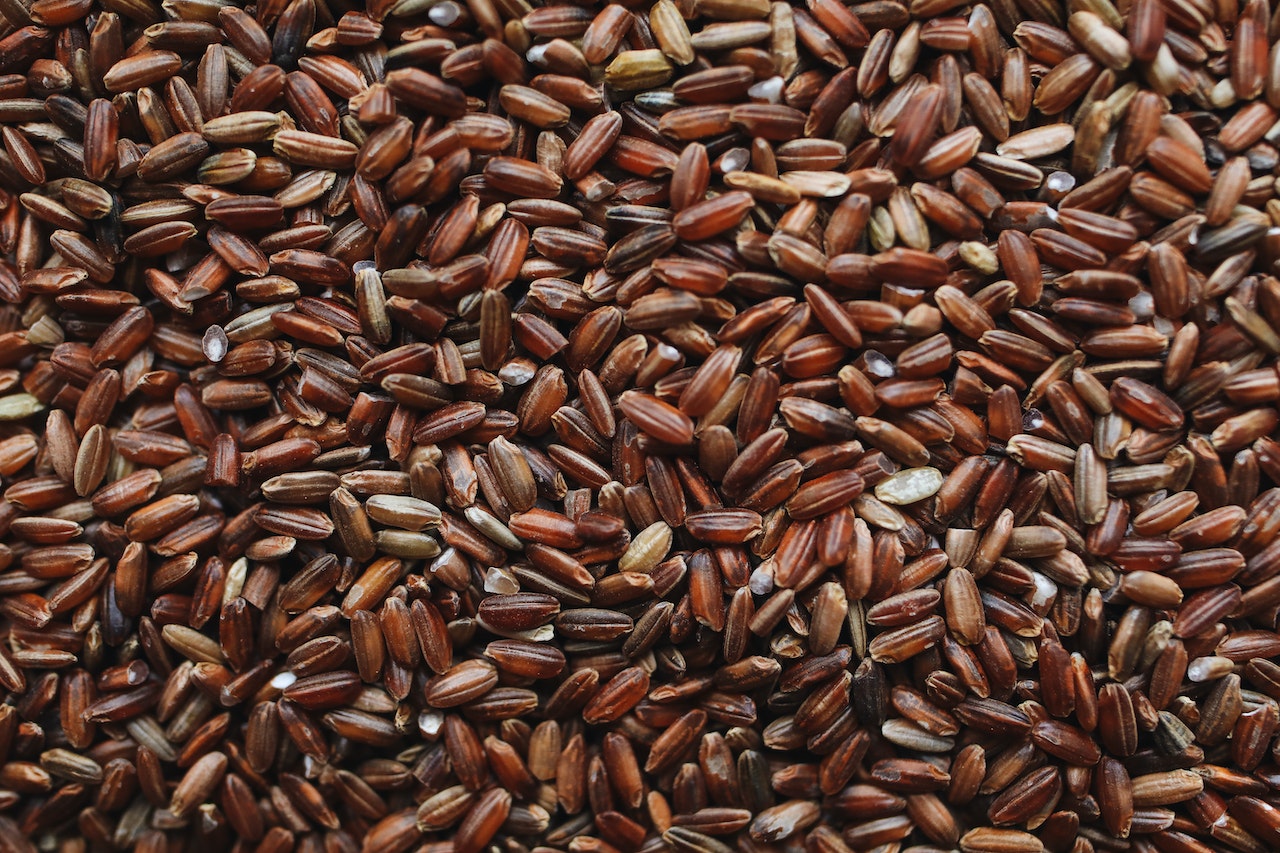Eating a healthy diet is an important part of maintaining overall health and well-being. Here are some tips to help you make healthy food choices:
- Eat a variety of foods: To get all the nutrients you need, it’s important to eat a variety of foods from all the different food groups. This includes fruits, vegetables, grains, protein foods (such as meat, poultry, fish, eggs, and legumes), and dairy.
- Choose whole, unprocessed foods: These types of foods are generally more nutritious because they have not been stripped of their natural fibres, vitamins, and minerals during processing. Examples include whole grains, fruits, vegetables, and lean meats.
- Limit added sugars and saturated fats: Too much added sugar and saturated fat can contribute to weight gain and increase the risk of heart disease and other health problems. Choose foods that are lower in added sugars and saturated fats, and opt for healthier fats, such as olive oil and avocados.
- Eat enough fibre: Fiber is important for maintaining a healthy digestive system and can also help lower cholesterol levels. Good sources of fibre include fruits, vegetables, whole grains, and legumes.
- Drink plenty of water: Water is essential for hydration and helps to flush toxins out of the body. Aim to drink at least eight cups of water per day.
- Don’t skip meals: Skipping meals can lead to overeating later on and may cause you to make less healthy food choices. Try to eat regular, balanced meals throughout the day to help you stay energized and focused.
- Eat mindfully: Pay attention to your food while you’re eating and try to avoid distractions, such as screens. This can help you to be more mindful of what you’re eating and allow you to fully enjoy your food.
Remember, everyone’s nutritional needs are different, so it’s important to work with a healthcare professional or registered dietitian to determine the best eating plan for you.

Why Healthy Eating is Important!
A healthy diet is essential for maintaining overall health and well-being. It helps to provide the body with the nutrients it needs to function properly and can support various bodily systems, including the immune system, bone health, and muscle strength. A healthy diet can also help to reduce the risk of developing chronic diseases such as heart disease, diabetes, and some types of cancer. This is because a diet rich in fruits, vegetables, whole grains, and healthy fats can help lower blood pressure, cholesterol levels, and inflammation, which are all risk factors for these conditions. Additionally, a healthy diet can improve mood and mental health, and increase energy levels. By making healthy food choices, we can support our physical and mental health and improve our overall quality of life.
How to Eat Clean for Weight Loss
If you’re looking to start eating a healthy diet, here are some tips to help you get started:
- Identify your goals: Before you start making changes to your diet, it’s important to identify your goals. Do you want to lose weight, reduce your risk of chronic diseases, or improve your overall health? Understanding your goals will help you determine the types of foods you should be focusing on.
- Make a plan: Once you know your goals, it’s time to make a plan. This might include setting a budget, planning meals and snacks in advance, and creating a shopping list. Having a plan can help you stay organized and make healthier choices.
- Focus on whole, unprocessed foods: These types of foods are generally more nutritious because they have not been stripped of their natural fibers, vitamins, and minerals during processing. Examples include whole grains, fruits, vegetables, and lean meats.
- Limit added sugars and saturated fats: Too much added sugar and saturated fat can contribute to weight gain and increase the risk of heart disease and other health problems. Choose foods that are lower in added sugars and saturated fats, and opt for healthier fats, such as olive oil and avocados.
- Don’t be afraid to try new things: Experiment with different types of foods and flavors to find what you enjoy. This can help make healthy eating more enjoyable and sustainable in the long term.
- Seek guidance: If you’re not sure where to start or have specific health concerns, consider working with a healthcare professional or registered dietitian. They can help you create a personalized eating plan that meets your needs and goals.
Starting a healthy diet can seem overwhelming at first, but with a little planning and patience, it can become a sustainable and enjoyable part of your daily routine.











